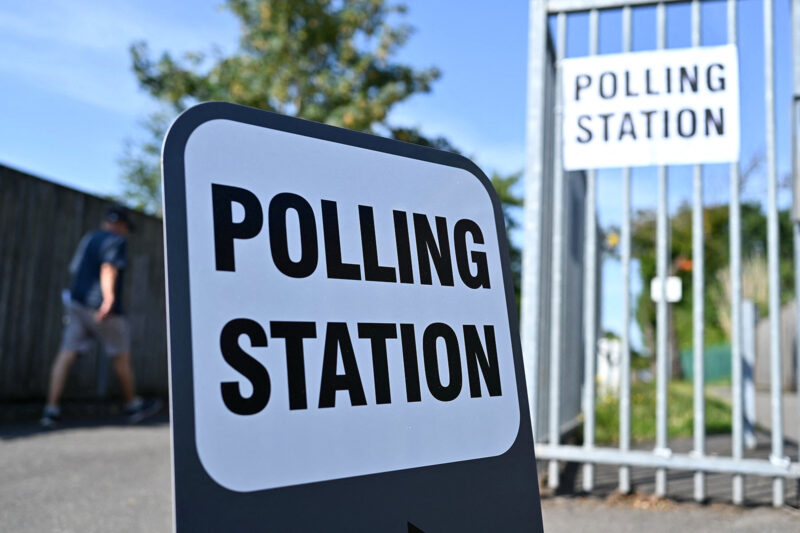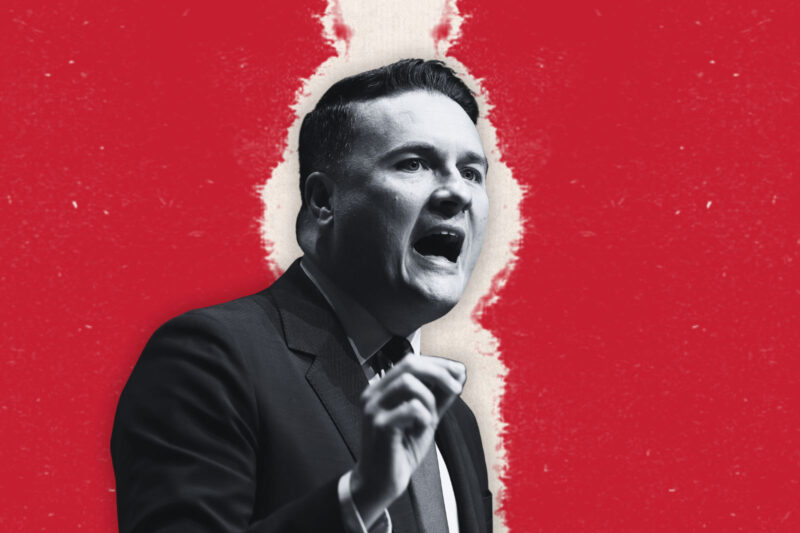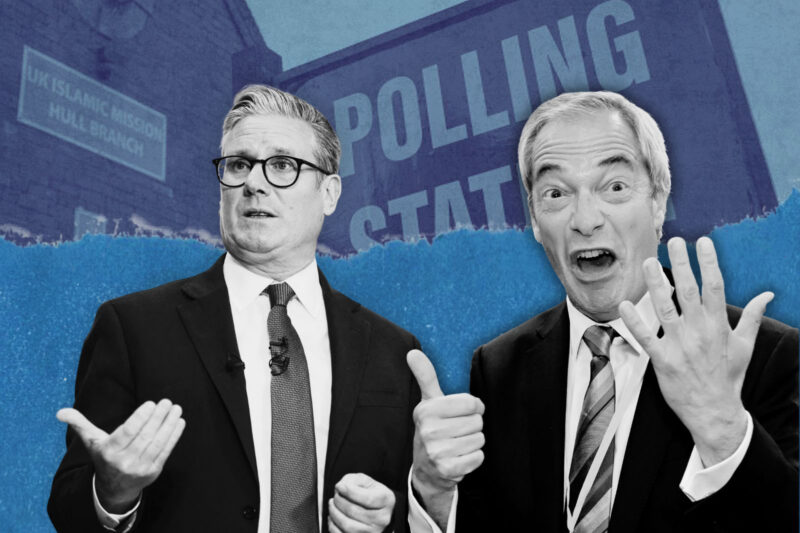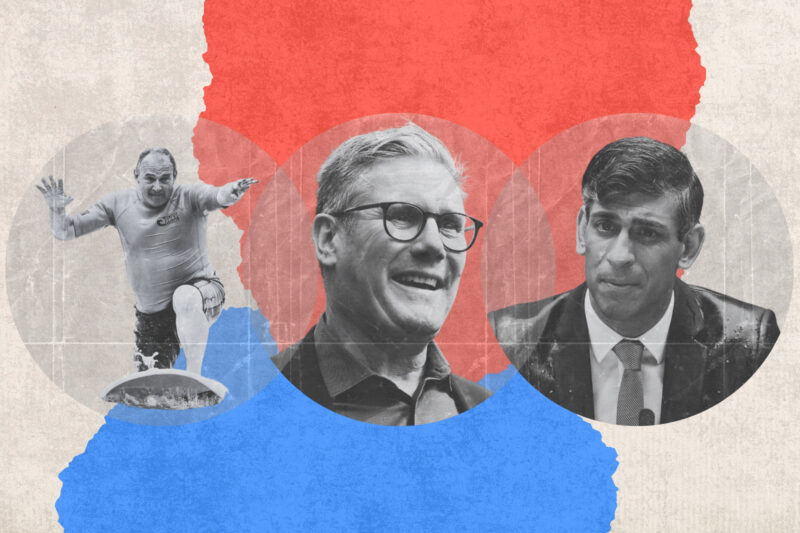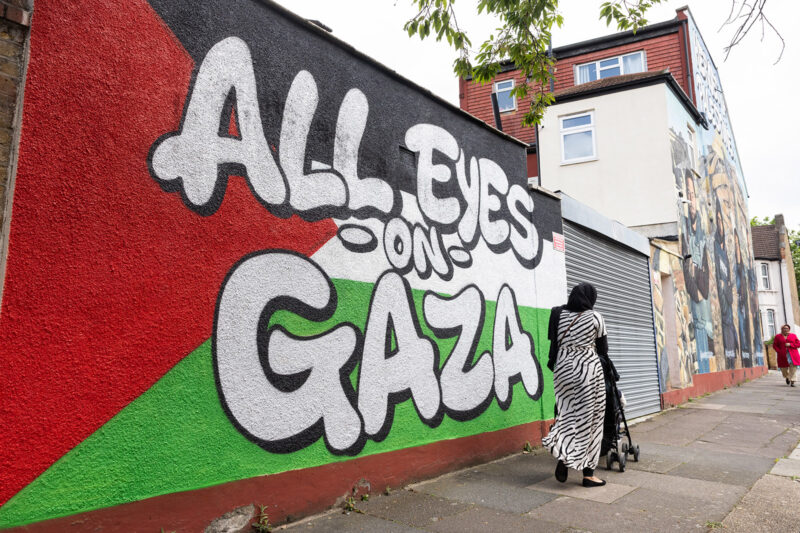Female MPs of colour face the worst abuse — and it’s a threat to us all
As parliamentarians such as Zarah Sultana face ‘deeply troubling’ levels of vitriol, some politicians have been forced out of public life altogether
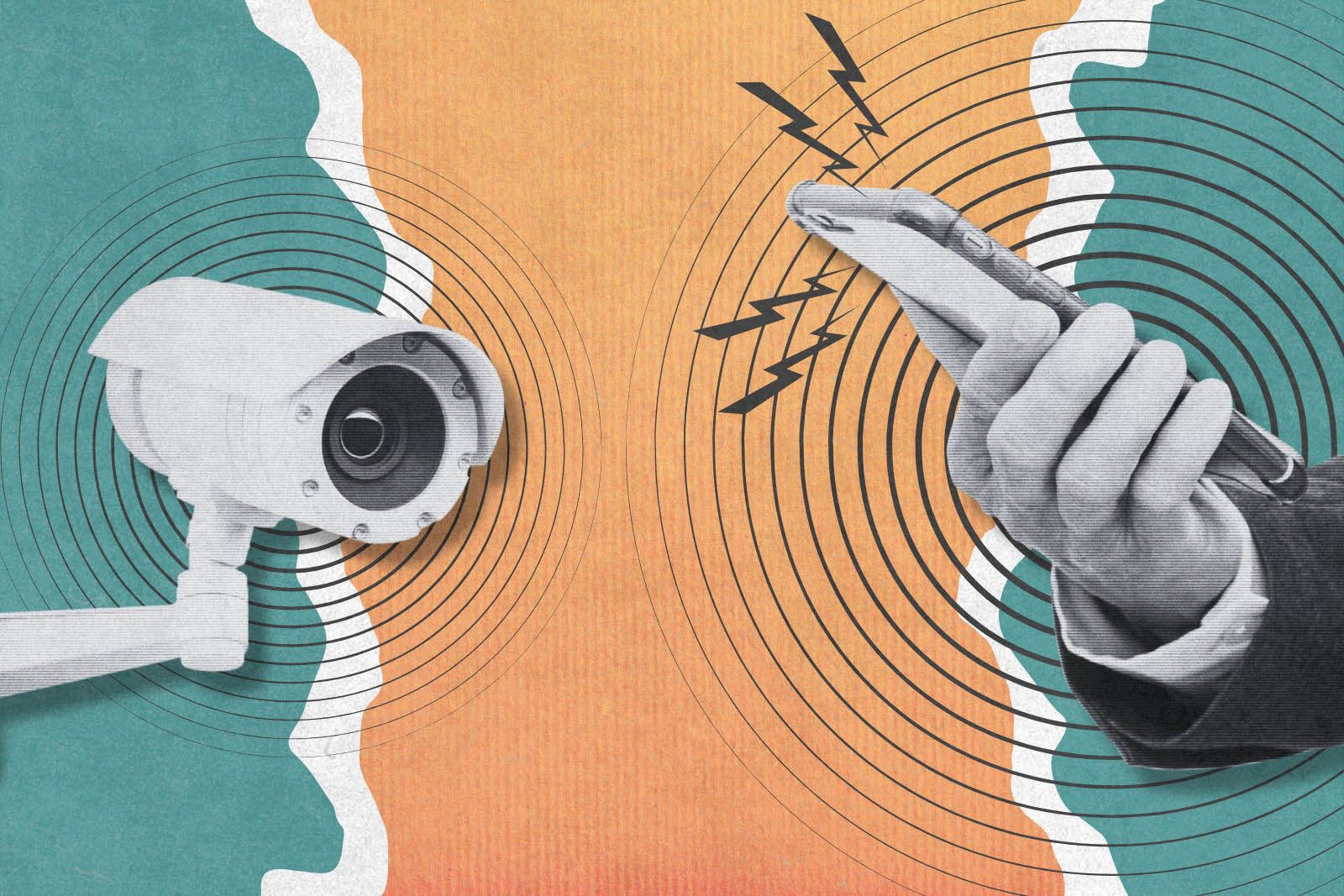
“No one should have to deal with this just to do their job.”
Those words stayed with me long after I heard them. I was sitting across from a prominent Labour MP over a cup of tea in the House of Commons when she recounted the terrifying reality of being a target. She was receiving death threats — credible threats, according to the authorities — regularly, and in shocking numbers. She talked me through the police advice she had been given, the steps she had taken to make her home safer and the worry that her family might be in danger.
I remember being stunned that any MP would face such extreme hostility. But in just a few years the problem has only intensified. Today, it is disturbingly common, almost routine. So much so, in fact, that some in Westminster seem to have grown numb to it.
It was particularly bad during the recent general election campaign. The political temperature was high. The incumbent government had been in office for 14 years, gripped by scandal, wars were ongoing in Europe and the Middle East and people generally were not happy. That, at times, spilled into the unsavoury.
My ITV News colleague Maya Bowles and I have spent the last few weeks speaking to MPs around the country about their experiences and much of what we have been told has been quite frankly alarming. A new report from the Electoral Commission has found that more than half of candidates in the 2024 general election endured some form of abuse, intimidation, or harassment. A similar proportion of these candidates skipped campaign activities altogether due to fear of abuse. The risk has become so tangible that would-be public servants are retreating from public life, worried about personal safety in public spaces.
It is a trend that feels chillingly familiar. Four years ago, I reported on the abuse that ethnic minority MPs were facing, much of it overtly racist, for ITV News. At the time, the response was shock and dismay, a collective sense that things had to change. But not only has the abuse worsened since then; it has also broadened in scope. Today, MPs from every background, race, gender, and political leaning find themselves on the receiving end of anger. Social media has amplified distrust in politicians, feeding a toxic, often violent rhetoric.
Women of colour face the worst of it. Zarah Sultana, the Labour MP for Coventry South, told me that parliament’s social media monitoring service identified her as the MP receiving the highest volume of online threats and abuse. Sultana faces an overwhelming mix of racism, Islamophobia and misogyny.
“The volume and intensity of these attacks is deeply troubling — usually targeting my race, gender, religion and left-wing politics,” she told me this week. “These threats not only impact my sense of safety but also affect the secure environment my team and I need to serve our constituents effectively.”
For Sultana and others, all this has all become a sad reality of the job.
Preet Gill, Labour MP for Birmingham Edgbaston, showed me CCTV footage of her campaign materials being vandalised. She has been harassed in public while trying to deliver leaflets and faced death threats just for doing what democracy should encourage: engaging with the community. And the issue crosses party lines. I’ve heard of similar incidents among Conservative, Liberal Democrat and Reform UK candidates. Reform candidate Steve Rubidge was injured in an incident where campaign materials were forcibly taken from him. A Conservative councillor had to go to hospital after being attacked while putting up a poster. And a Liberal Democrat parliamentary candidate decided not to run in the election at all after enduring “intolerable abuse” from fellow politicians due to his stammer.
The Electoral Commission has put forward some ideas for curbing these rising threats, including setting up buffer zones around polling stations considered high-risk. The House of Commons authorities have arranged a speaker’s conference — an ad-hoc meeting of cross-party MPs brought together by the speaker of the House of Commons to allow them to discuss ways to combat abuse across party lines. There have only been nine previous speakers’ conferences — the first of which was set up to discuss women’s suffrage in 1913 — which is an indication of how seriously parliament is taking this.
But many MPs have a grim sense that little will change. They remember that, in recent years, the Commons has mourned the brutal murders of two MPs, Jo Cox and Sir David Amess. Even with those memories fresh, the threats remain constant. The worry is not just for themselves but for what this climate of fear means for democracy. When those we elect are forced out of the public sphere by intimidation, the fabric of democracy itself begins to falter and we lose the best people from our politics.
A special report on abuse faced by MPs will run on ITV News at 7pm on 13 November.
Shehab Khan is an award-winning presenter and political correspondent for ITV News.
 Newsletter
Newsletter



